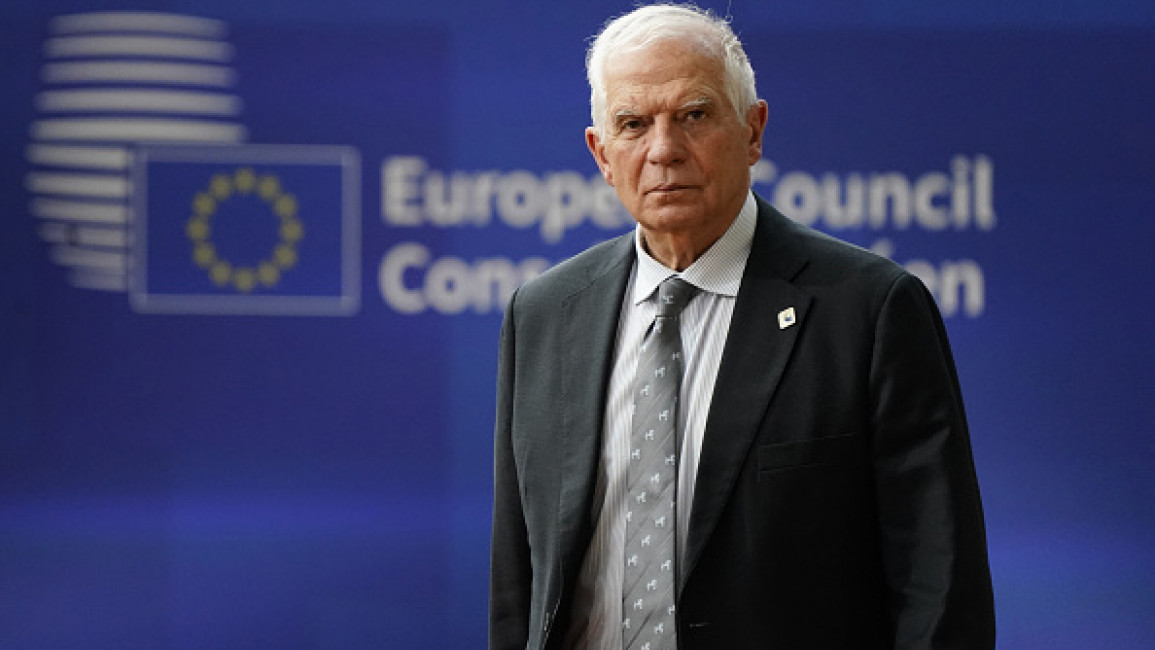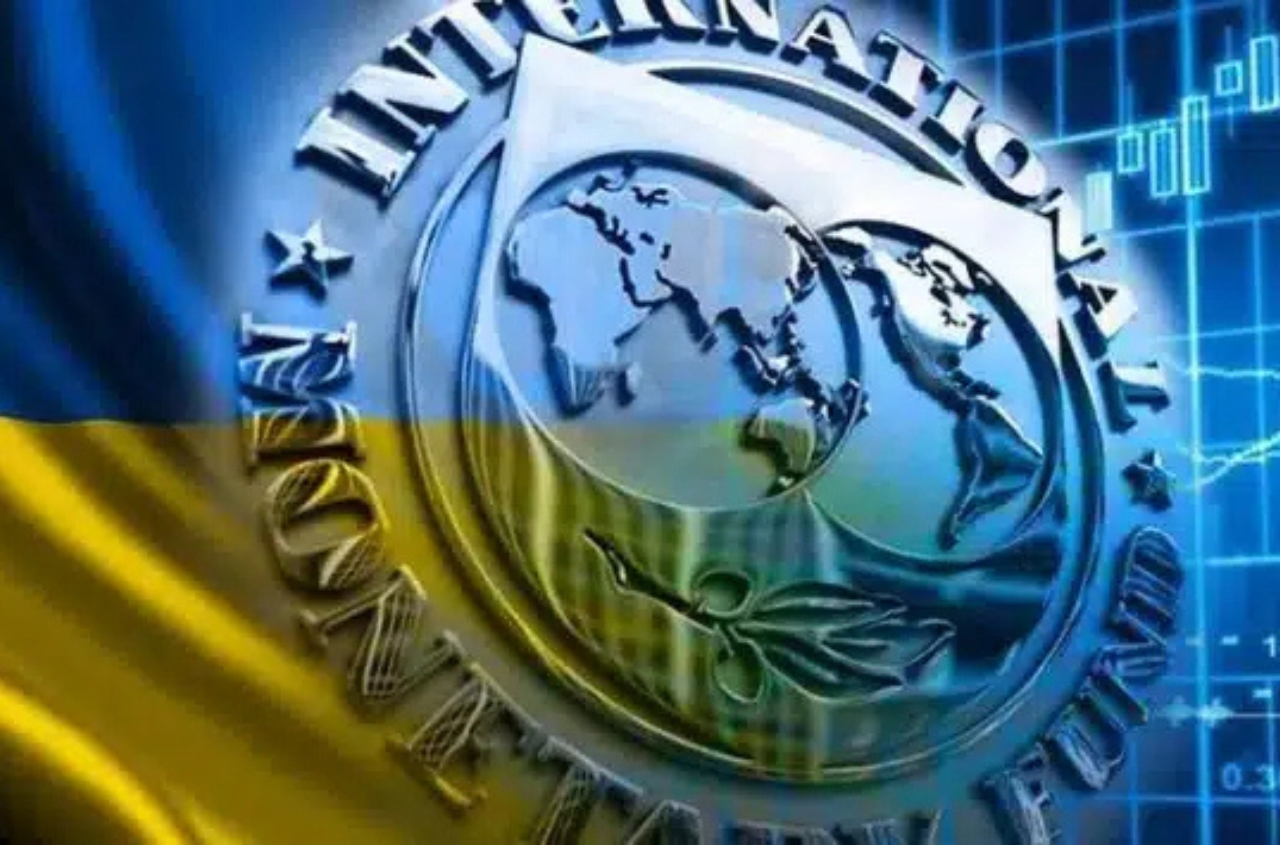Russian aggression against Ukraine has transformed Europe and forced it to focus on its own strength and ability to defend itself, as Europeans now view Russia's war against Ukraine as a real threat to their own security.
Josep Borrell, the EU's High Representative, made this statement today in New York during a speech at a meeting under the aegis of the Foreign Affairs Council on the sidelines of the UN General Assembly.
"You begin to think in terms of power when you feel the breath of war and threat. This is why the war in Ukraine has transformed Europe. It forced us to realize the importance of strength for the first time since World War II. Danger, threat, fear—all of this materialized in an undeniable way... The brutality of Russia's invasion helped us reach a unified understanding of the threat, because for some time, the Russian threat did not have the same significance in Riga as it did in Lisbon—geography matters a lot in this sense," noted Borrell.
He emphasized that he will never forget the day when, early in the morning, he received a phone call and the message: "They are bombing Kyiv." That was how the full-scale invasion began.
"But Kyiv—it's not far from the Polish border. Yes, Russia invaded a European country. This war has changed many things. It has confronted us with the reality of force in Europe and the necessity of adapting to this challenge. We were very far from the idea of power, relying on 'soft power' (trade and interdependence). Now we are in the process of creating hard power. It will take some time. We will not be a superpower like you (Americans), but we need to be a power, to have the ability to mobilize capabilities. We want to have the strength to deter our enemies, directly or indirectly," said the EU High Representative.
He stressed that Europeans have realized they share common interests worth defending and that collective efforts are much more effective than each country acting individually. In this context, EU unity has become a force multiplier for each of its member states.
According to Borrell, NATO will continue to remain the foundation of European security, but the U.S. can, and indeed does, have its own interests that differ from those of Europe. This is why the issue of strengthening strategic autonomy is now relevant for the EU, which means bolstering the European component of NATO while simultaneously developing the defense capabilities of European countries.
"We cannot continue asking ourselves every four years whether America will still be willing to support our defense or not. There is now a consensus on both sides of the Atlantic that Europe must do more for its own defense. On average, we spend about 2% of GDP on defense, but there are significant differences. Some states spend 4%, while others are still at a modest 1.5%. So, much work remains to be done, and it's better to do it together," said Josep Borrell.
The 79th session of the UN General Assembly continues in New York. High-level general debates are taking place from September 24-28 and on September 30.




















